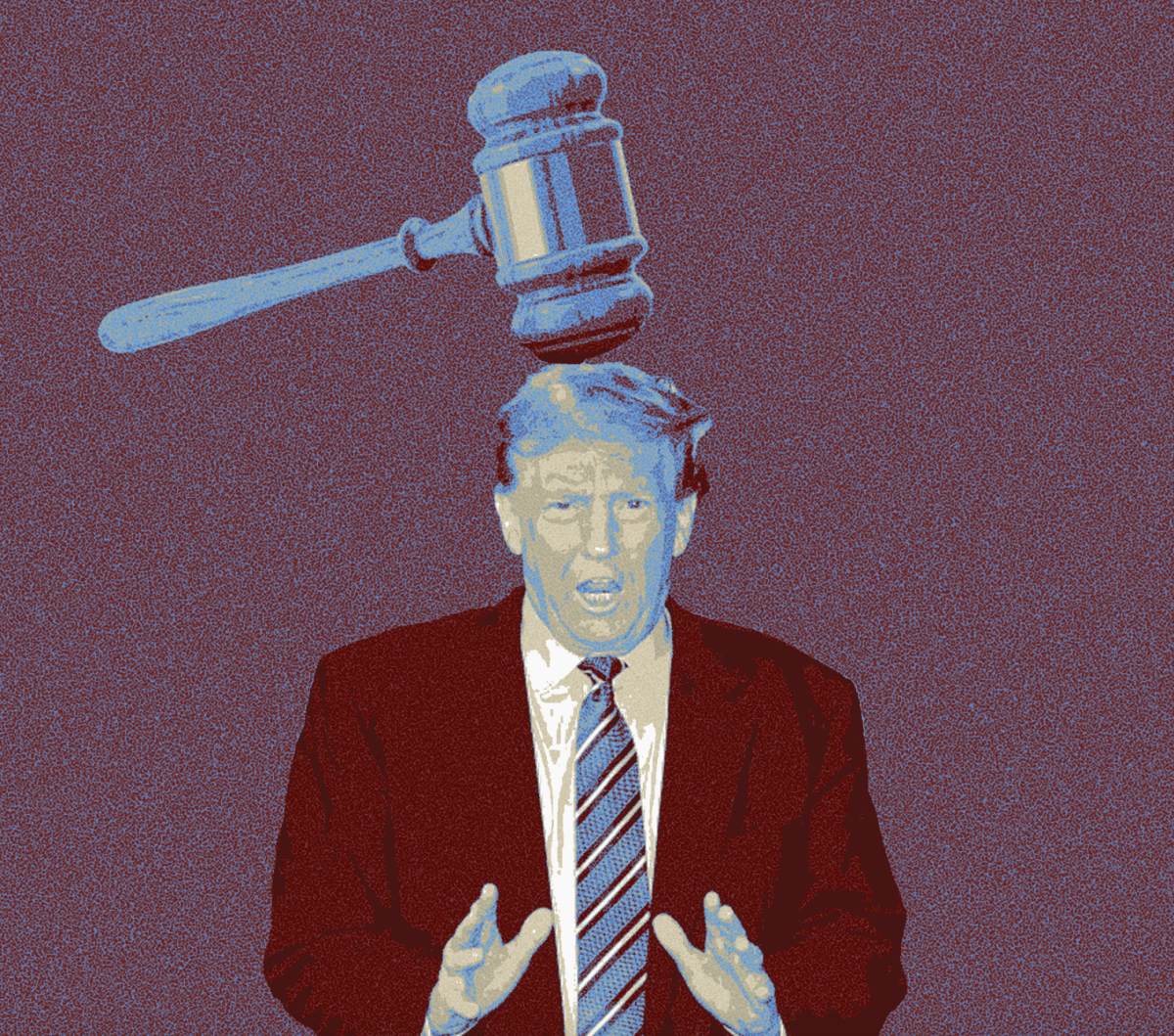Joseph Di Blasi
Journal Contributor
November 2nd will go down in history as a night to remember. Republicans retook control of the House of Representatives by picking up a whopping 60-plus seats, making it the largest midterm gain from either party since World War II.
While many are relieved that the turmoil of election season has come to an end, political chaos will soon re-emerge as a liberal president must somehow function with a Republican House and centrist Senate for the next two years. I can say with certainty that, at least for the next two years, all fiscally liberal, big-government components of the President’s agenda, such as an additional stimulus or an energy tax, will go into a deep remission. But by no means does this translate into the center-right Congress being able to implement their agenda with ease. For example, virtually every Republican elected into office campaigned that they would repeal ObamaCare. However, the likelihood of Republicans being able to repeal ObamaCare is slim to none.
Unless Congress has a two-thirds super majority to override a presidential veto, the President must sign all legislation into law for it to take effect. Let’s be honest: after spending an endless amount of time trying to sell the bill to the American people and coercing his own party into voting for it, President Obama will not repeal what is, in his eyes, his presidential hallmark.
The President can, however, respect the sentiment of the American people and move to the center politically by working with both parties. Amending the health care bill would be a start. Legislation should be introduced that would allow individuals and employers to purchase health insurance across state lines. By expanding the health insurance market and allowing them to purchase it anywhere in the country – like we already do with auto and life insurance – the cost of health insurance will drop, as competition will inevitably force it down. A centrist policy, such as the aforementioned, will appease both parties to an extent: President Obama and his fellow Democrats will still get their wish of compulsory health insurance, and Republicans will now have the insurance mandate work more like a market by allowing individuals a vast array of health insurance providers to choose from across the country. Most importantly, it will help the American people by alleviating part of the immense financial burden of health care.
Another way in which the President can work with the newly elected Congress is to allow the current Bush tax cuts to remain for all individuals, at least temporarily. The President and his party have made frequent claims that the country cannot afford to extend tax breaks for individuals making over $200K per year and joint filers that earn in excess of $250K per year, as doing so would result in a loss of hundreds of billions of dollars of government revenue over the next decade. They insist that these tax cuts should only be extended for those making under that figure.
What is too often ignored is the tremendous financial burden this tax policy will have on the economic engine of America: small businesses. According to the National Federation of Independent Business, because many small business owners pay taxes at individual income tax rates rather than at corporate tax rates, business incomes over 200,000 a year would be subject to the tax increase come Jan. 1. Additional taxation on small businesses – which created two-thirds of new jobs in the past decade – will discourage investment and job creation, only further paralyzing our already sluggish economy. It perhaps may seem counterintuitive at first, but extending these business-friendly tax rates will likely be a revenue creator, as businesses will have a climate that encourages taking risks, investing in new capital, and adding new people to the payroll. More people on the payroll results in more people paying income taxes. And with regard to appeasing both parties, it is hard to find a bureaucrat from either party these days who does not jump for joy as more revenue pours in to Uncle Sam.








